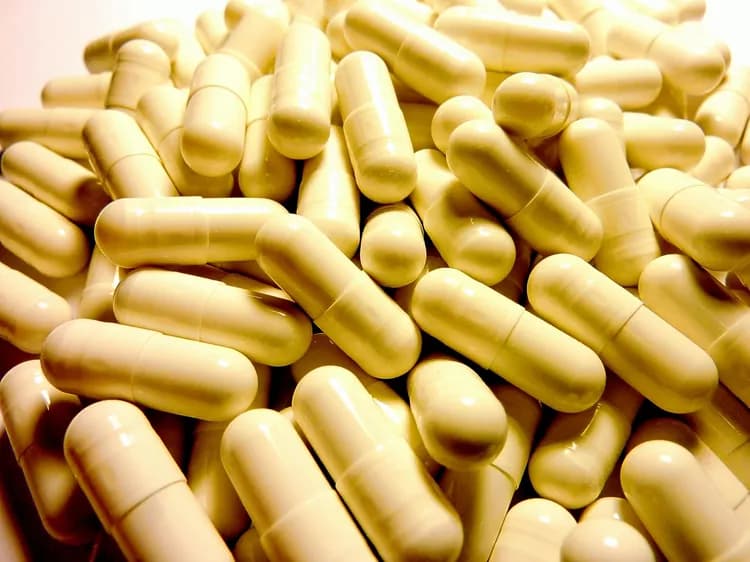The human brain has a prodigious demand for energy -- 20 to 30% of the body's energy budget. In the course of normal aging, in people with neurodegenerative diseases or mental disorders, or in periods of physiological stress, the supply of sugars to the brain may be reduced. This leads to a reduction in the brain's energy reserves, which in turn can lead to cognitive decline and loss of memory.
But new research on mice shows that the brain's energy reserves can be increased with a daily dose of pyruvate, a small energy-rich molecule that sits at the hub of most of the energy pathways inside the cell. These results need to be replicated in human subjects, but could ultimately lead to clinical applications.
"In our new study, we show that long-term dietary supplementation with pyruvate increases the energy reserves in the brain, at least in mice, in the form of the molecules glycogen, creatine and lactate," says lead author Heikki Tanila, Professor of Molecular Neurobiology at the A. I. Virtanen Institute of the University of Eastern Finland.
What's more, dietary supplementation with pyruvate didn't only increase the brain's energy stores: it also changed the behavior of the mice in positive ways, show the researchers.
"The mice became more energetic and increased their explorative activity. It appears that these behavioral changes are directly due to the effect of pyruvate on brain function, since we didn't find that these mice had developed greater muscle force or endurance," says Tanila.
For example, chronic supplementation with pyruvate facilitated the spatial learning of middle-aged (6- to 12-months-old) mice, made them more interested in the odor of unfamiliar mice, and stimulated them to perform so-called "rearing," an exploratory behavior where mice stand on their hind legs and investigate their surroundings (photo).
The dose necessary to achieve these effects was about 800 mg pyruvate per day -- which corresponds to about 10 g per day in humans -- given to the mice in normal chow over a period of 2.5 to 6 months. A single large dose of pyruvate injected directly into the blood stream had no detectable effect.
Interestingly, the positive response to dietary supplementation with pyruvate was also found in a strain of transgenic mice called APPswe/PS1dE9, often used as an animal model for the study of Alzheimer's disease. These mice exhibit many of the same symptoms as people with Alzheimer's, such as the deposition of protein plaques in the brain, neurodegeneration, and cognitive decline. These results raise hopes that pyruvate might also benefit people with neurodegenerative disorders such as Alzheimer's and Parkinson's.
"Pyruvate supplementation may prove beneficial as an activating treatment for the elderly and in therapies for alleviating cognitive decline due to aging, neurodegenerative disease, or mental disorders. It is well tolerated and warrants further studies in humans," says Tanila.
The study, which was supported by the Alzheimer Association, is published in the open-access journal Frontiers in Aging Neuroscience.
The above post is reprinted from materials provided by Frontiers. Note: Materials may be edited for content and length.
Disclaimer: DoveMed is not responsible for the adapted accuracy of news releases posted to DoveMed by contributing universities and institutions.
Primary Resource:
Koivisto, H., Leinonen, H., Puurula, M., Hafez, H. S., Barrera, G. A., Stridh, M. H., ... & Tanila, H. (2016). Chronic pyruvate supplementation increases exploratory activity and brain energy reserves in young and middle-aged mice. Frontiers in Aging Neuroscience, 8.
Related Articles
Test Your Knowledge
Asked by users
Related Centers
Related Specialties
Related Physicians
Related Procedures
Related Resources
Join DoveHubs
and connect with fellow professionals


0 Comments
Please log in to post a comment.